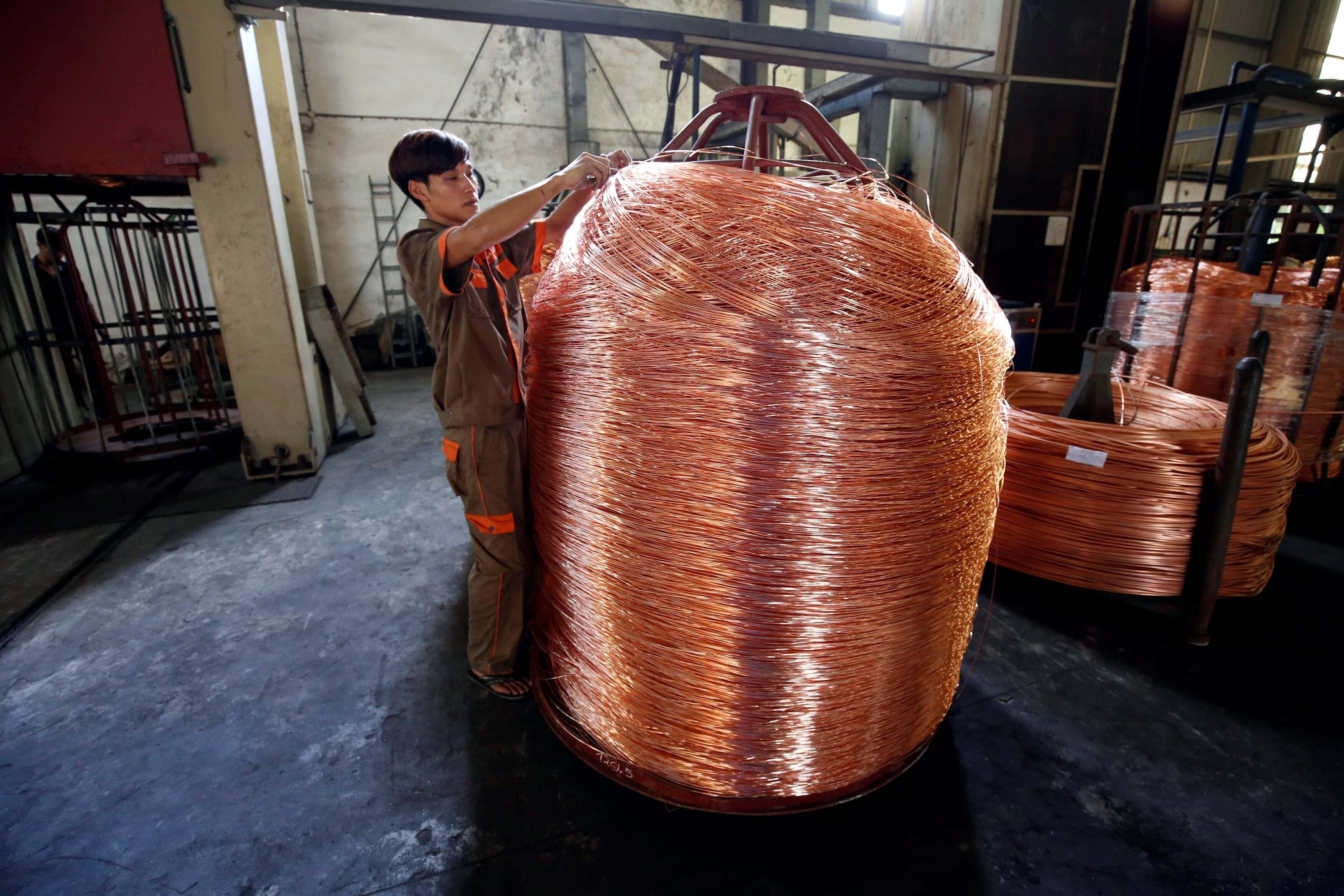Gita Gopinath will be IMF's first female chief economist

Gita Gopinath: challenging conventional wisdom on international finance
Image: REUTERS/Charles Platiau
Stay up to date:
Economic Progress
The International Monetary Fund has appointed Gita Gopinath as its new chief economist.
Gopinath will be the first woman to direct the IMF’s research department when she takes over from retiring Maurice Obstfeld at the end of 2018. She is currently John Zwaanstra Professor of International Studies and Economics at Harvard University.
The IMF, OECD and the World Bank all now have women in top economic positions.
Gopinath’s research focuses on macroeconomics and international finance, including exchange rates, trade, capital flows, productivity and debt.
Pushing forward
Many of the IMF’s 189 member countries are grappling with such issues, as they devise policies to account for global volatility while addressing social division and polarization within their own borders.
Gopinath has opposed received wisdom on several of these topics, such as the benefits of flexible exchange rates. In a direct challenge the IMF, which has traditionally supported the idea, she believes flexible rates are less important than a country’s exchange rate relative to the dollar.
Writing for the World Economic Forum in October 2014, Gopinath called on the IMF to tackle turbulence in global markets. “Rather than waiting for a crisis to erupt before intervening, the IMF should provide 'forward guidance' on how it will tackle potential disruptions in international financial markets,” she urged.
Gopinath’s research has “tended to challenge conventional wisdom and push the collective thinking forward in a beneficial way”, Mohamed A. El-Erian, chief economic adviser at Allianz, told Bloomberg.
“It remains to be seen whether the fund will be able to incorporate her thinking in a range of areas, including better coverage of the linkages between finance, market technical volatility, and spillovers for the real economy; enhancing early warning analyses; increasing the resilience to market instability of individual country programmes; and developing a wider toolkit for dealing with overshoots in capital flows, both feast and famine.”
“This will require open-mindedness, intellectual agility and a willingness to revisit some longstanding conventional wisdom.”

'One of the world’s outstanding economists'
While Gopinath was studying for her BA at the University of Delhi in 1991, India experienced a financing and currency crisis. She credits her country’s economic situation with inspiring her to pursue graduate work in economics, and for her particular interest in international finance.
She holds MA degrees from both the Delhi School of Economics and the University of Washington, and a PhD from Princeton.
“Gita is one of the world’s outstanding economists, with impeccable academic credentials, a proven track record of intellectual leadership, and extensive international experience”, said IMF Managing Director Christine Lagarde.
“All this makes her exceptionally well-placed to lead our research department at this important juncture.”
Gopinath's “intellectual acumen will help the IMF better guide its member countries, especially developing countries, to deal with the complex economic and social challenges wrought by globalization”, said Eswar Prasad, senior fellow at the Brookings Institution.
Gopinath also serves as Economic Adviser to the Chief Minister of Kerala, co-editor of the American Economic Review, co-director of the International Finance and Macroeconomics programme at the National Bureau of Economic Research, visiting scholar at the Federal Reserve Bank of Boston and member of the economic advisory panel of the Federal Reserve Bank of New York.
She was a World Economic Forum Young Global Leader in 2011.
Don't miss any update on this topic
Create a free account and access your personalized content collection with our latest publications and analyses.
License and Republishing
World Economic Forum articles may be republished in accordance with the Creative Commons Attribution-NonCommercial-NoDerivatives 4.0 International Public License, and in accordance with our Terms of Use.
The views expressed in this article are those of the author alone and not the World Economic Forum.
Related topics:
Forum Stories newsletter
Bringing you weekly curated insights and analysis on the global issues that matter.
More on Economic GrowthSee all
Naoko Tochibayashi
July 30, 2025
Matt Watters
July 29, 2025
David Elliott
July 28, 2025
Michael Wang
July 28, 2025
Ivan Shkvarun
July 25, 2025
John Letzing
July 24, 2025





